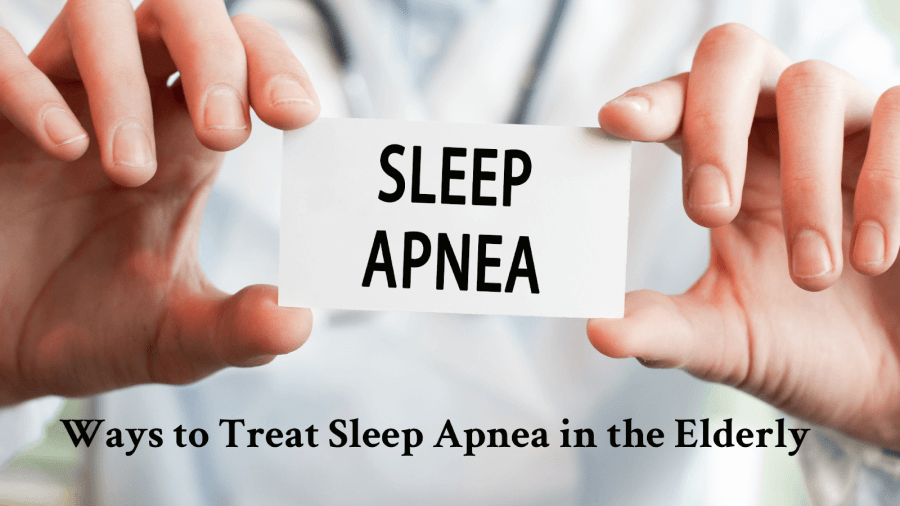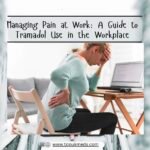Sleep apnea, a health issue causing people to temporarily stop breathing while asleep. It is very common in older adults about 1 in 2 seniors have it. When left untreated, sleep apnea can lead to other issues like being tired during the day, problems with thinking clearly, and even heart problems.
Various effective methods exist to treat sleep apnea in seniors. One of the first things elderly individuals should do after experiencing symptoms like loud snoring or fatigue is schedule an appointment with their professional primary care physician.
A primary care doctor can offer an initial assessment, discuss lifestyle factors worsening apnea, and potentially refer patients to a sleep specialist for a formal diagnosis. Professional primary care physicians stay up-to-date on the latest sleep apnea research and treatment options for the elderly. They may suggest lifestyle changes, fitted oral devices, CPAP machines, or in some cases surgery based on the patient’s specific health profile and severity of sleep apnea.
Working closely with one’s primary doctor is key to successfully managing this condition. The good news is sleep apnea can be treated at any age. There are lifestyle changes like losing weight as well as medical devices and surgeries that help keep the airway open at night. Treating sleep apnea helps seniors regain energy and mental clarity during the day.
Ways to Treat Sleep Apnea in the Elderly
Sleep apnea, characterized by pauses in breathing or shallow breaths during sleep, is a common sleep disorder. It occurs when the muscles in the back of the throat relax, causing the airway to narrow or close. This interrupts normal breathing and reduces oxygen levels.
Sleep apnea is more common in older adults and can greatly impact quality of life and health if left untreated. Fortunately, there are many treatment options available. Here are 10 effective ways to treat sleep apnea in the elderly:
CPAP Therapy
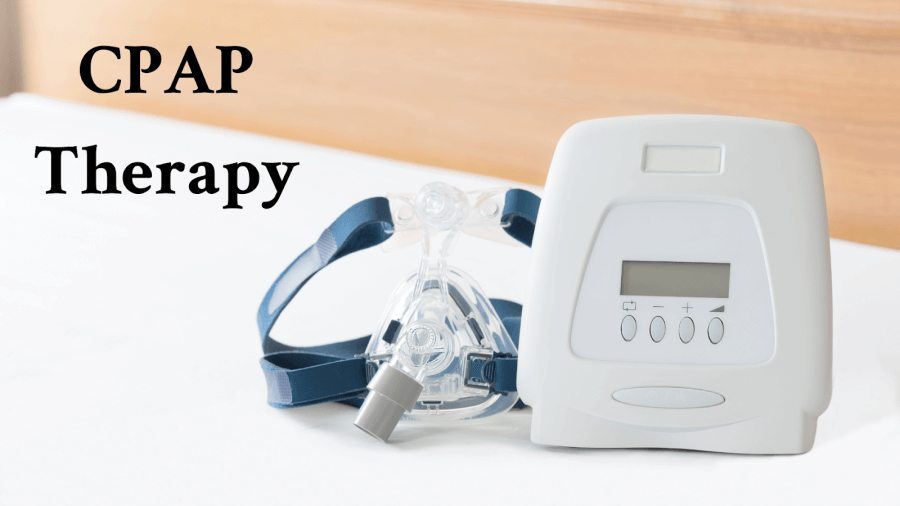
Continuous Positive Airway Pressure (CPAP) therapy, often recommended by your primary care physician, stands out as the most common and effective treatment for moderate to severe sleep apnea. It involves wearing a mask over the nose and mouth connected to a CPAP machine that gently blows air into the throat to keep the airway open. CPAP therapy can promptly alleviate sleep apnea symptoms. Though an adjustment period is needed, it proves highly effective once acclimated.
Sleep Apnea Oral Devices
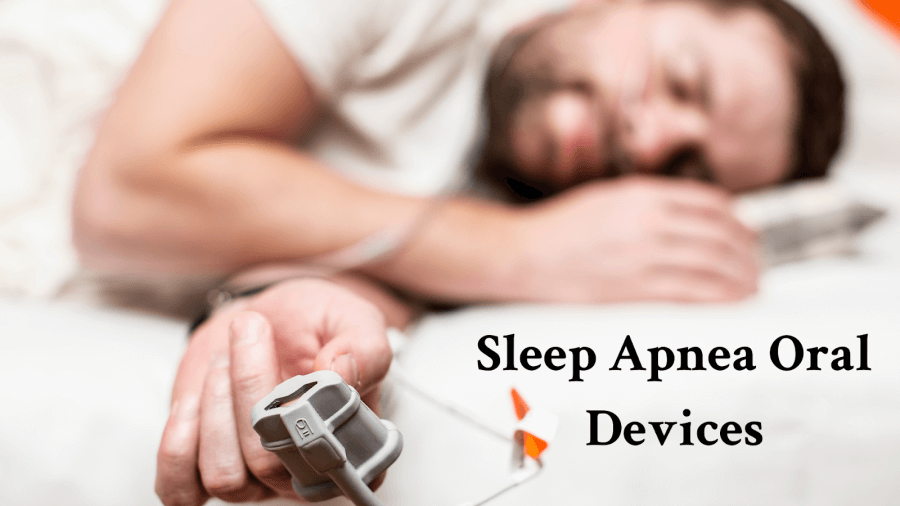
Custom-made oral appliances can help keep the airway open by positioning the jaw or tongue forward during sleep. These are a good option for those with mild to moderate sleep apnea who cannot tolerate CPAP therapy. It takes some time to get used to wearing oral devices, but many find them more comfortable and convenient than CPAP masks.
Avoid Sleeping on Back
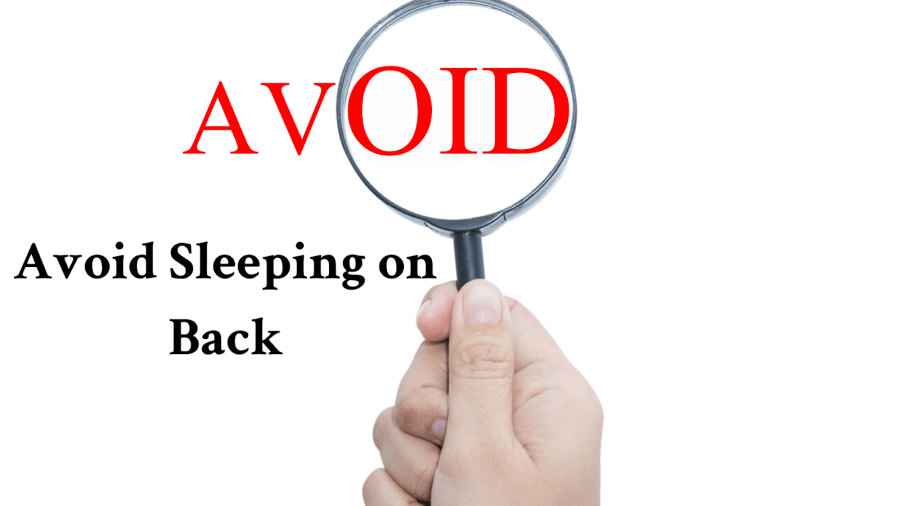
Sleeping on the back allows gravity to pull throat tissues into the airway, contributing to snoring and sleep apnea-related breathing issues. Switching to side sleeping can help keep airways open. Strategic positioning of pillows prevents rolling onto the back during sleep.
Achieve Healthy Weight

Excess weight, especially excessive neck fat, increases the risk of developing sleep apnea by contributing to airway obstruction. Losing weight through an improved diet and increased activity can help relieve mild apnea. Even a 10–15 pound weight loss creates room for easier breathing.
Exercise Throat and Tongue Muscles
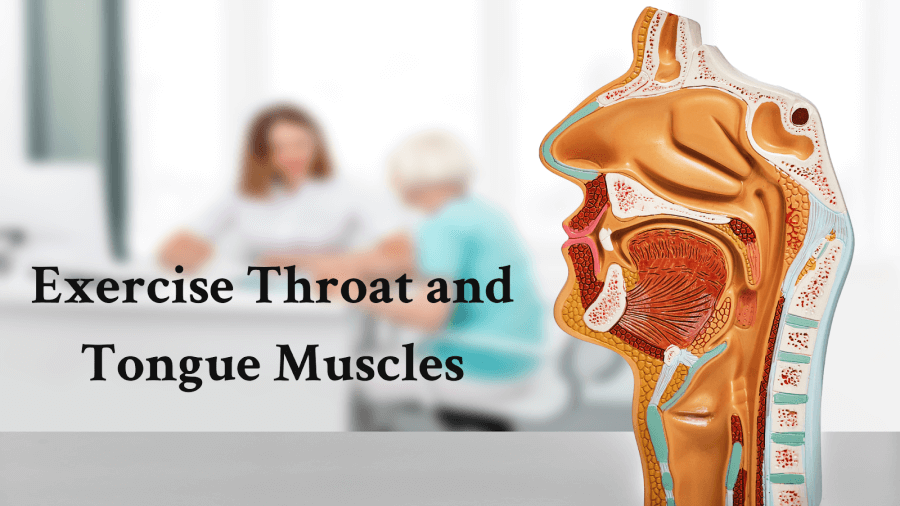
Weak throat and tongue muscles contribute to collapsing airways during sleep, hindering normal breathing. Doing targeted exercises like playing a didgeridoo or singing loudly for 20 minutes a day trains the muscles to work better and stay open. These exercises strengthen the airway and reduce sleep apnea occurrences.
Avoid Alcohol and Smoking
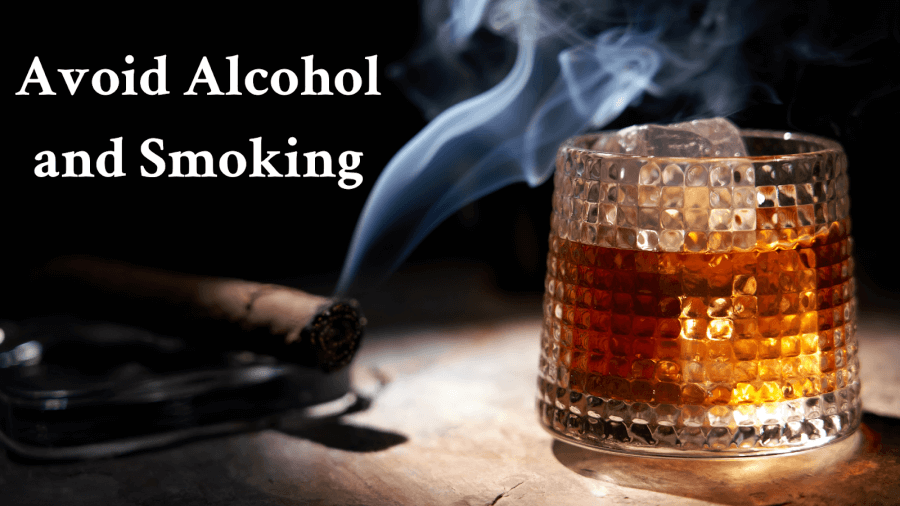
Alcohol and tobacco use lead to inflammation and fluid retention in throat tissues. Quitting smoking facilitates easier breathing at night. Avoiding alcohol for 3–5 hours before bedtime allows swelling to diminish. This alleviates apnea episodes.
Sleep on the Side, Not Back
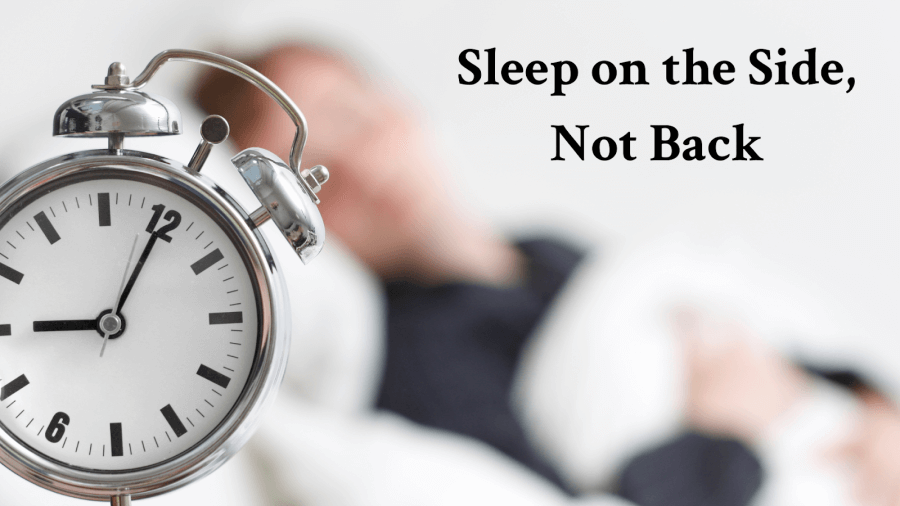
Back sleeping enables the tongue to collapse against the back of the throat, obstructing airflow. Side sleeping helps keep airways open. Using pillows as roadblocks prevents rolling from side to back during sleep. Alternative sleep positions for better breathing.
Try Nasal EPAP Therapy
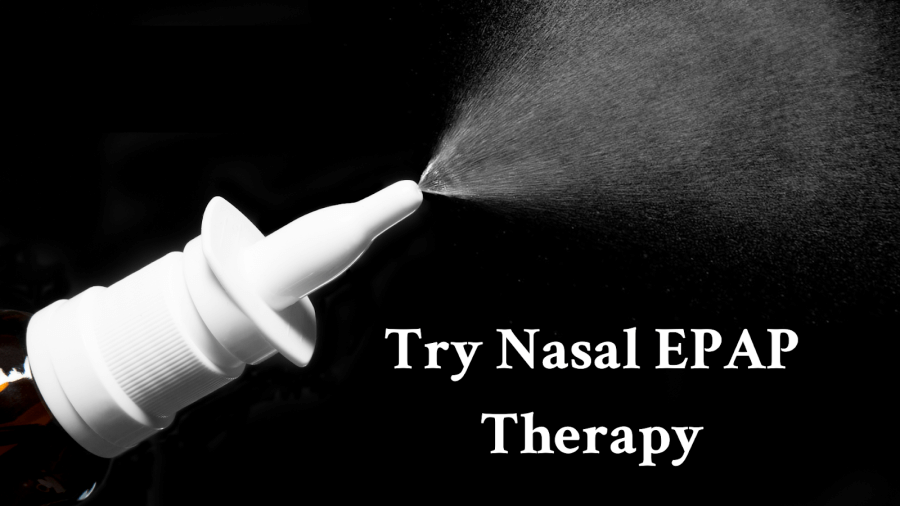
Nasal Expiratory Positive Airway Pressure (EPAP) devices are small, single-use valves placed in the nostrils to keep open airways through light air pressure. Nasal EPAP therapy is easy to use, comfortable, and great for travel. It works as both a treatment and preventative measure against sleep apnea events.
Improve Sleep Hygiene Habits
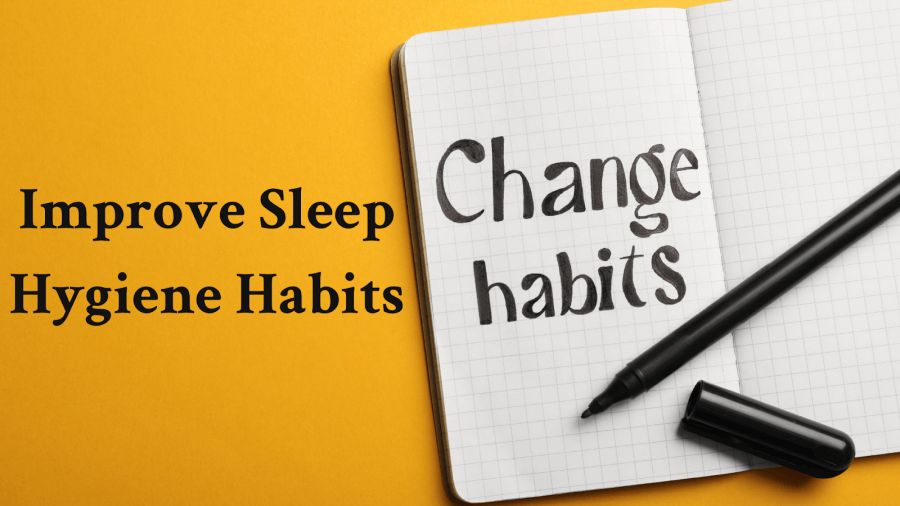
Poor sleep habits like irregular sleep schedules, afternoon napping, caffeine/alcohol close to bedtime, and exposure to screens before bed can all intensify breathing problems at night. Improving sleep hygiene helps lessen apnea episodes and improves sleep quality.
Consider Surgery As Last Resort
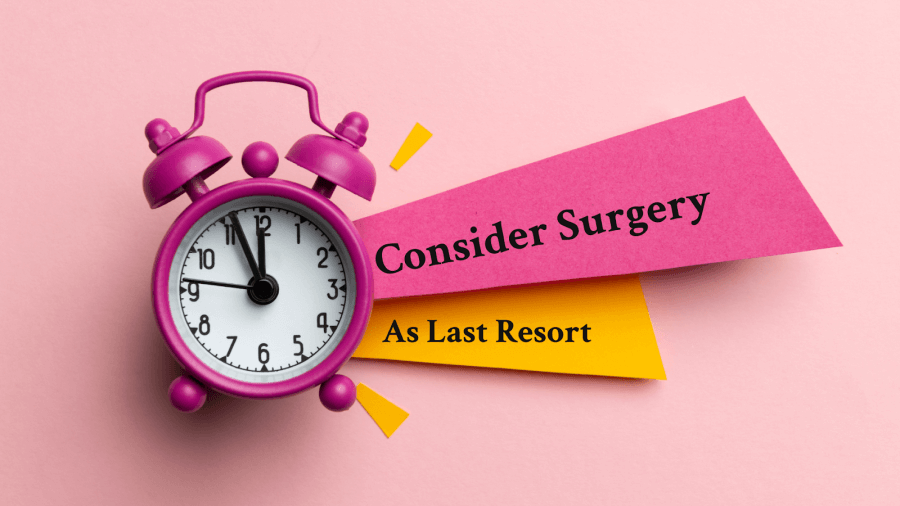
For those with serious sleep apnea unresponsive to other treatments, surgical procedures like UPPP and MMA surgeries remove excess tissue and widen restricted airways. Recovery is painful and results are mixed, so surgery is usually a last resort treatment when all else fails.
Effectively treating sleep apnea involves identifying its severity through a sleep test and then tailoring the solution based on one’s needs, preferences, and sensitivities. Persistence is important, as it may take some trial and error to adjust to apnea devices and build lifelong habits for better sleep and breathing. However, taking steps to manage sleep apnea leads to tremendous health improvements and more restful nights.
FAQs
What are the most effective lifestyle changes for treating sleep apnea in seniors?
Making healthy lifestyle changes can help seniors manage sleep apnea. Losing weight, avoiding alcohol/muscle relaxers before bed, quitting smoking, sleeping on your side, using extra pillows to elevate your head, and sticking to a regular sleep schedule can all help. These simple adjustments may be enough to control mild to moderate sleep apnea.
When should a doctor be consulted about sleep apnea symptoms?
It’s important to talk to a doctor if you experience loud snoring, daytime sleepiness/fatigue, observed breathing pauses during sleep, morning headaches, concentration issues, or mood changes. A sleep study can officially diagnose sleep apnea. Getting treated quickly is key to preventing other medical issues down the road.
What types of breathing devices work best for elderly sleep apnea patients?
CPAP machines are usually the first line of defense to treat elderly sleep apnea. Special CPAP masks and settings help customize pressure and comfort. Other options like dental appliances and EPAP therapy provide alternative ways to keep airways open. Surgery can also widen air passages but is usually reserved for severe cases when other options fail. Working closely with a sleep specialist is important for finding the right equipment and settings.
Conclusion :
The good news is there are lots of ways to treat sleep apnea in older adults. Making healthy lifestyle changes can help control mild cases. This includes losing weight, avoiding alcohol before bedtime, and sleeping on your side. For more serious sleep apnea, devices like CPAP machines and special mouthpieces work well. Surgery is also an option in some cases.
The primary step is to consult a doctor if you notice symptoms such as loud snoring, persistent fatigue, or waking up with headaches. A sleep study test can diagnose sleep apnea. Then you can work with your doctor to find the best treatment based on your health.
Treating sleep apnea allows seniors to sleep better, have more energy during the day, and avoid other health problems. Dealing with this issue can improve seniors’ daily life and well-being.






